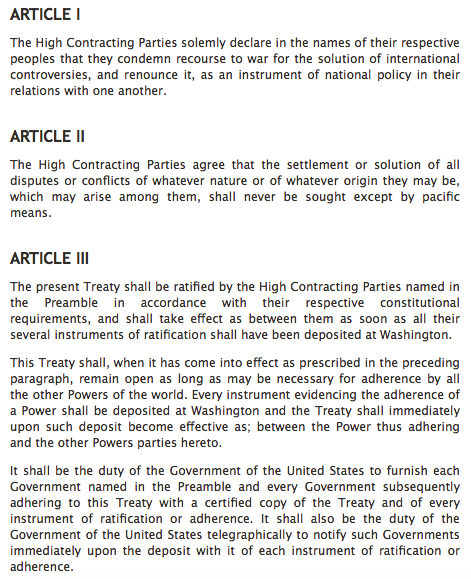*********
In the terminology of the Holy Books the church has been called the house of the covenant for the reason that the church is a place where people of different thoughts and divergent tendencies—where all races and nations—may come together in a covenant of permanent fellowship. In the temple of the Lord, in the house of God, man must be submissive to God. He must enter into a covenant with his Lord in order that he shall obey the divine commands and become unified with his fellowman. He must not consider divergence of races nor difference of nationalities; he must not view variation in denomination and creed, nor should he take into account the differing degrees of thoughts; nay, rather, he should look upon all as mankind and realize that all must become united and agreed. He must recognize all as one family, one race, one native land; he must see all as the servants of one God, dwelling beneath the shelter of His mercy. The purport of this is that the church is a collective center. Temples are symbols of the reality and divinity of God—the collective center of mankind. Consider how within a temple every race and people is seen and represented—all in the presence of the Lord, covenanting together in a covenant of love and fellowship, all offering the same melody, prayer and supplication to God. Therefore, it is evident that the church is a collective center for mankind. For this reason there have been churches and temples in all the divine religions; but the real Collective Centers are the Manifestations of God, of Whom the church or temple is a symbol and expression. That is to say, the Manifestation of God is the real divine temple and Collective Center of which the outer church is but a symbol. …
… It is self-evident that humanity is at variance. Human tastes differ; thoughts, native lands, races and tongues are many. The need of a collective center by which these differences may be counterbalanced and the people of the world be unified is obvious. Consider how nothing but a spiritual power can bring about this unification, for material conditions and mental aspects are so widely different that agreement and unity are not possible through outer means. It is possible, however, for all to become unified through one spirit, just as all may receive light from one sun. Therefore, assisted by the collective and divine center which is the law of God and the reality of His Manifestation, we can overcome these conditions until they pass away entirely and the races advance. …
… It is very evident that in the future there shall be no centralization in the countries of the world, be they constitutional in government, republican or democratic in form. The United States may be held up as the example of future government—that is to say, each province will be independent in itself, but there will be federal union protecting the interests of the various independent states. It may not be a republican or a democratic form. To cast aside centralization which promotes despotism is the exigency of the time. This will be productive of international peace. Another fact of equal importance in bringing about international peace is woman’s suffrage. That is to say, when perfect equality shall be established between men and women, peace may be realized for the simple reason that womankind in general will never favor warfare. Women will not be willing to allow those whom they have so tenderly cared for to go to the battlefield. When they shall have a vote, they will oppose any cause of warfare. Another factor which will bring about universal peace is the linking together of the Orient and the Occident. …
… Love is greater than peace, for peace is founded upon love. Love is the objective point of peace, and peace is an outcome of love. Until love is attained, peace cannot be; but there is a so-called peace without love. The love which is from God is the fundamental. This love is the object of all human attainment, the radiance of heaven, the light of man. …
… All mankind must attain to spiritual fraternity—that is to say, fraternity in the Holy Spirit—for patriotic, racial and political fraternity are of no avail. Their results are meager; but divine fraternity, spiritual fraternity, is the cause of unity and amity among mankind. As heretofore material civilization has been extended, the divine civilization must now be promulgated. Until the two agree, real happiness among mankind will be unknown. By mere intellectual development and power of reason, man cannot attain to his fullest degree—that is to say, by means of intellect alone he cannot accomplish the progress effected by religion. For the philosophers of the past strove in vain to revivify the world of mankind through the intellectual faculty. The most of which they were capable was educating themselves and a limited number of disciples; they themselves have confessed failure. Therefore, the world of humanity must be confirmed by the breath of the Holy Spirit in order to receive universal education. Through the infusion of divine power all nations and peoples become quickened, and universal happiness is possible.
Excerpts from a talk given by Abdu’l-Baha’ at the Church of the Ascension
Fifth Avenue and Tenth Street, New York on 6/2/1912
*********
The Three Articles of the League of Nations Covenant #2137 Outlawing War. It is Long Overdue that we Call on All Signatory Nations to Come Together and Elect the Committee To End War to Activate This Binding Covenant of Peace and Friendship, the Covenant of Lasting Peace
The Twelve Basic Principles of the Baha’i Faith


